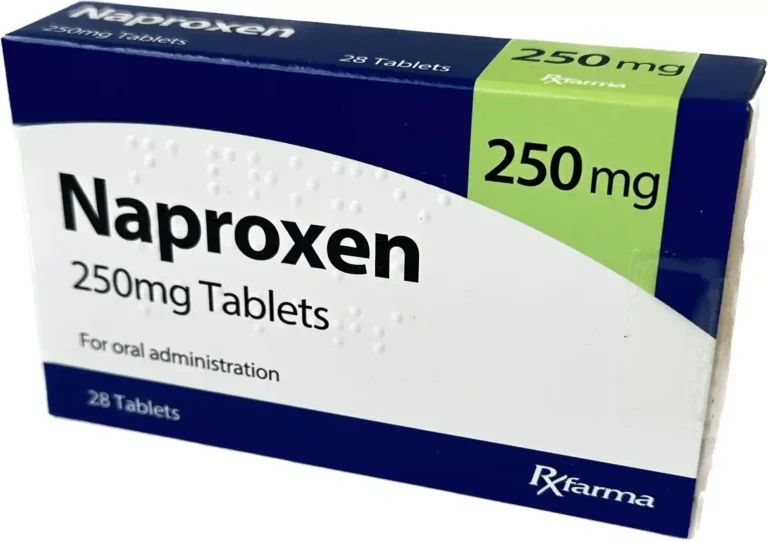NSAIDS (Nonsteroidal anti-inflammatory drugs) are a class of medications commonly used to relieve pain, reduce inflammation, and lower fever. They work by inhibiting the production of prostaglandins, chemicals in the body that promote inflammation and pain. Some common over-the-counter NSAIDs include ibuprofen, aspirin, and naproxen. These drugs are widely used to treat conditions such as headaches, arthritis, muscle pain, and minor injuries.
While effective, Nonsteroidal anti-inflammatory drugs can have side effects, especially with long-term use. These include stomach irritation, ulcers, kidney damage, and increased risk of heart attack or stroke. To minimize risks, it is important to use NSAIDs as directed, avoid exceeding recommended dosages, and consult a healthcare provider before prolonged use, especially for individuals with preexisting conditions. Despite these concerns, NSAIDs remain a valuable tool in managing pain and inflammation when used appropriately.






